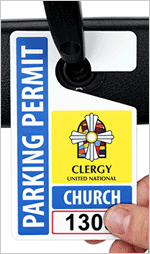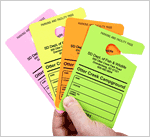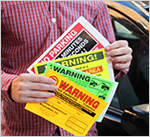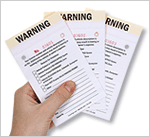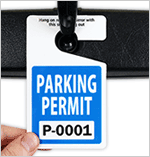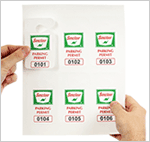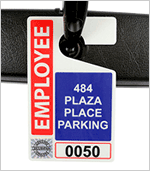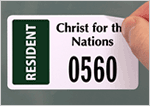Smartphone tech: not just for big-city parking
Announcements earlier this month from the nation’s largest city and the more modestly sized Walnut Creek, CA (population 65,211), suggest municipalities of all sizes are getting smarter about their parking meter systems.
Bye-bye coins, credit card swipes, parking stickers, and paper receipts…
On April 9, the City of New York announced two pilot programs, both of which will run in the Bronx, that take advantage of mobile technology. The first allows motorists to feed parking meters via an app, the web, or a telephone. PayByPhone, who provided the app, coordinates payment processing and customer service. Interested drivers can register for the free service on the company’s website, where they will be required to provide their license plate numbers and credit card information before downloading the app.

Munimeters like this one in Brooklyn are already a serious upgrade on NYC’s antiquated parking tech. Now, even they are being improved upon in an upcoming pilot program. Via m_dougherty; licensed under Creative Commons.
Registrants can then scan a QR code or use near field communication technology at Muni Meters in the pilot area to pay up to the maximum time allowed under local parking regulations. Using any touch-tone phone, those without smartphones can pay by dialing the toll-free number provided by the service and entering the seven-digit number of the nearest Muni Meter. The ID numbers are visible from a distance, allowing drivers to pay without even approaching the meter.
Payment will be confirmed by text or email, and motorists will receive messages alerting them when time may be running out on the meter. Users can then buy additional time and so avoid tickets that can result from being parked at an expired meter.
Traffic enforcement officers will use handheld scanners to check license plate numbers, which will be immediately crosschecked against a list of all received payments on a given block three times before a summons is issued. Should a ticket be issued and contested, drivers will be able to retrieve receipts from the app or website.

Under NYC’s program, even fines and violations will be automated, making the whole system more efficient. Via myparkingpermit.com.
…hello, parking space!
The second pilot program allows motorists to see in real time where parking may be available. The map may be viewed on the Internet, smartphones, or tablets and is made possible via sensors embedded in the roadway last year. The sensors detect when there may be a vehicle parked in a space and then transmit that data wirelessly. The data produces a color-coded map that tells drivers the parking availability of any given block within the pilot area. It won’t guide motorists to specific spaces within a block, though, since parking demand is too high in the area. The map also can’t factor the time between when a driver sees the map and when he or she will actually arrive at the space.
Still, city administrators are betting that the map will lower the amount of time drivers spend circling an area in the hopes of finding an open spot. “Parking is easier and more convenient when you know where to look for a space, and when you can pay with a click instead of fumbling for change,” said Traffic Commissioner Janette Sadik-Khan in a statement. “Innovative technologies like these can help make one of the basic facts of city life a little easier while making our streets and commercial districts even more accessible.”

Cutting-edge parking technology means Walnut Creek, CA (pop. 60,000 or so) is punching above its weight. Via John-Morgan; licensed under Creative Commons.
In Walnut Creek, elements of both programs are being introduced. Starting April 23, the city will install 1,000 wireless parking sensors in its downtown over the course of four weeks. The sensors will similarly transmit real-time data about parking availability, and a system that takes payment via credit card, phone, or coin will be available. Those who pay by phone will be able to receive text warnings when the meters are nearing expiration and, as with New York City’s pilot program, pay for additional time remotely so as to avoid parking tickets.
Related Posts
Category: Enforcement, Parking

